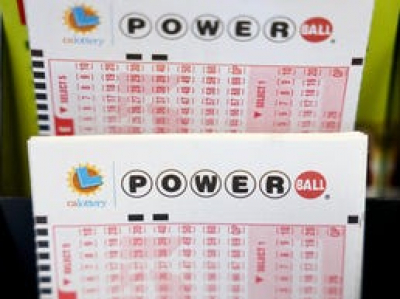
Jean-Marie Le Pen
Jean-Marie Le Pen is a prominent French politician and former leader of the far-right political party, the National Front (now known as the National Rally). Born on June 20, 1928, in La Trinité-sur-Mer, France, Le Pen has been a controversial figure in French politics for several decades.
Early Life:
Jean-Marie Le Pen grew up in Brittany and had a military career before entering politics. He served in the French Foreign Legion during the First Indochina War and later in Algeria during the Algerian War of Independence.
Political Career:
Le Pen entered the political scene in the 1950s and became known for his extreme right-wing views. In 1972, he founded the National Front, a party that advocated for anti-immigration policies, nationalism, and law and order. Under his leadership, the party gained popularity, particularly by exploiting concerns about immigration and national identity.
Le Pen first gained international attention in 2002 when he reached the second round of the French presidential election, facing incumbent President Jacques Chirac. His success in the first round was considered a shock to the political establishment, but he ultimately lost in the runoff with a wide margin.
Controversies:
Throughout his career, Jean-Marie Le Pen has been involved in numerous controversies due to his inflammatory statements, particularly regarding issues of race, immigration, and the Holocaust. His remarks have often led to legal troubles, including fines and convictions for hate speech.
In 2011, Le Pen handed over the leadership of the National Front to his daughter, Marine Le Pen, amid efforts to distance the party from some of its more extreme elements.
Legacy:
Jean-Marie Le Pen's legacy is a divisive one. While he has been a significant figure in French politics, his controversial views have led to criticism and condemnation from various quarters. His daughter's efforts to modernize and reshape the National Front, later rebranded as the National Rally, reflect an attempt to distance the party from some of the extreme positions associated with its founder.
As of my last knowledge update in January 2022, Jean-Marie Le Pen's influence within the National Rally had waned, with his daughter taking a more prominent role in steering the party's direction. It's important to note that the political landscape may have evolved since then, and additional developments may have occurred.
In conclusion, Jean-Marie Le Pen is a controversial French politician known for founding the National Front, a far-right political party that gained prominence for its anti-immigration and nationalist stance. His political career, spanning several decades, has been marked by extreme right-wing views, leading to both domestic and international attention. Le Pen's notoriety reached a peak in 2002 when he made it to the second round of the French presidential election.
Throughout his career, Le Pen faced numerous controversies, particularly due to his provocative statements on issues like race, immigration, and the Holocaust. These remarks often resulted in legal repercussions, including fines and convictions for hate speech. In 2011, he handed over the leadership of the National Front to his daughter, Marine Le Pen, as part of an effort to rebrand and distance the party from its more extreme elements.
While Jean-Marie Le Pen's influence within the National Rally diminished over time, his legacy remains divisive. His daughter's leadership aimed at modernizing the party indicates an acknowledgment of the need to reshape its image. It's crucial to consider that political developments may have occurred since my last knowledge update in January 2022, potentially impacting Jean-Marie Le Pen's role and the trajectory of the National Rally.
Jean-Marie Le Pen, being a prominent figure in French politics, has been referenced in various media forms over the years. These references can be found in books, documentaries, news articles, and other sources that cover French politics and contemporary history. Some notable works may include biographies or analyses of far-right movements and political figures in France. Specific references can vary depending on the focus and context of the content. For the most accurate and up-to-date information, it is recommended to check relevant sources dedicated to French politics or historical accounts of the National Front and its leaders.








